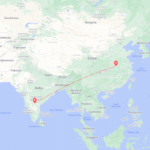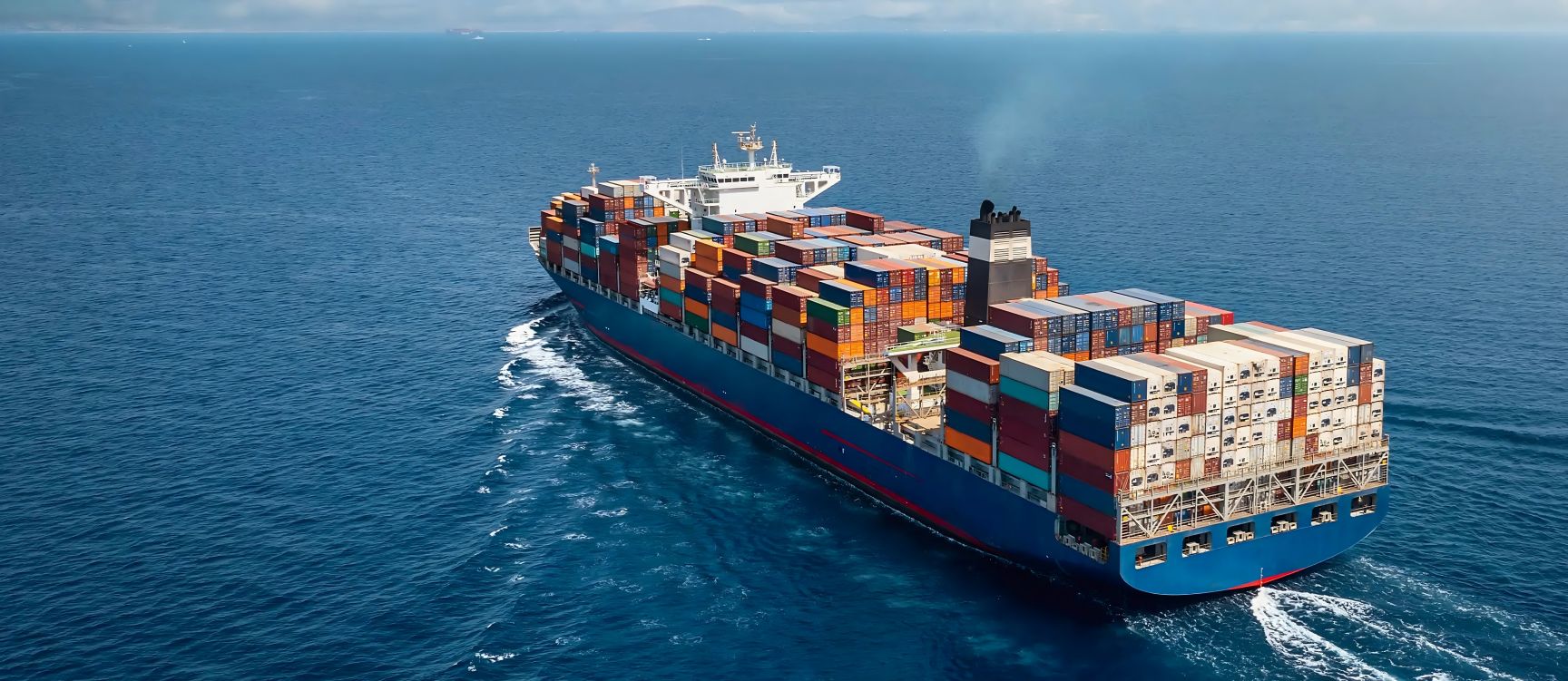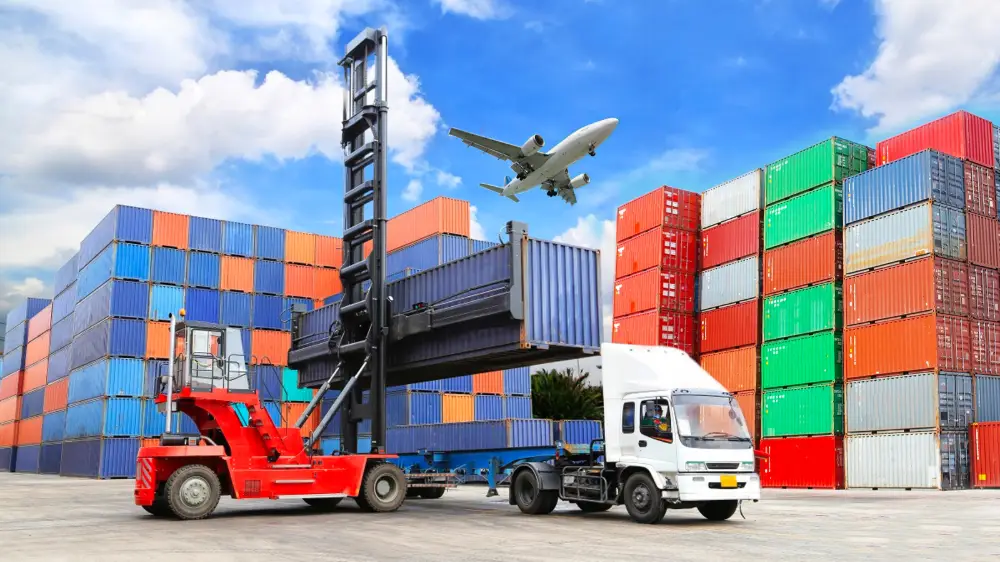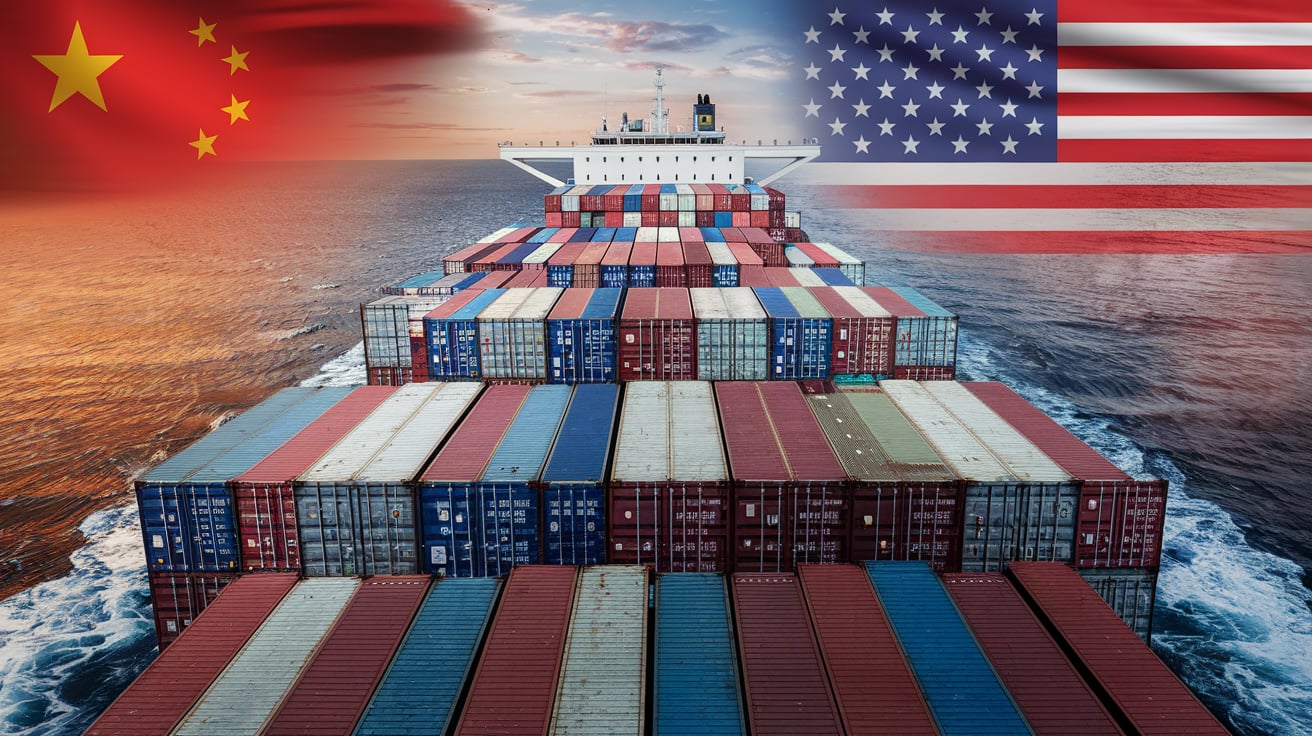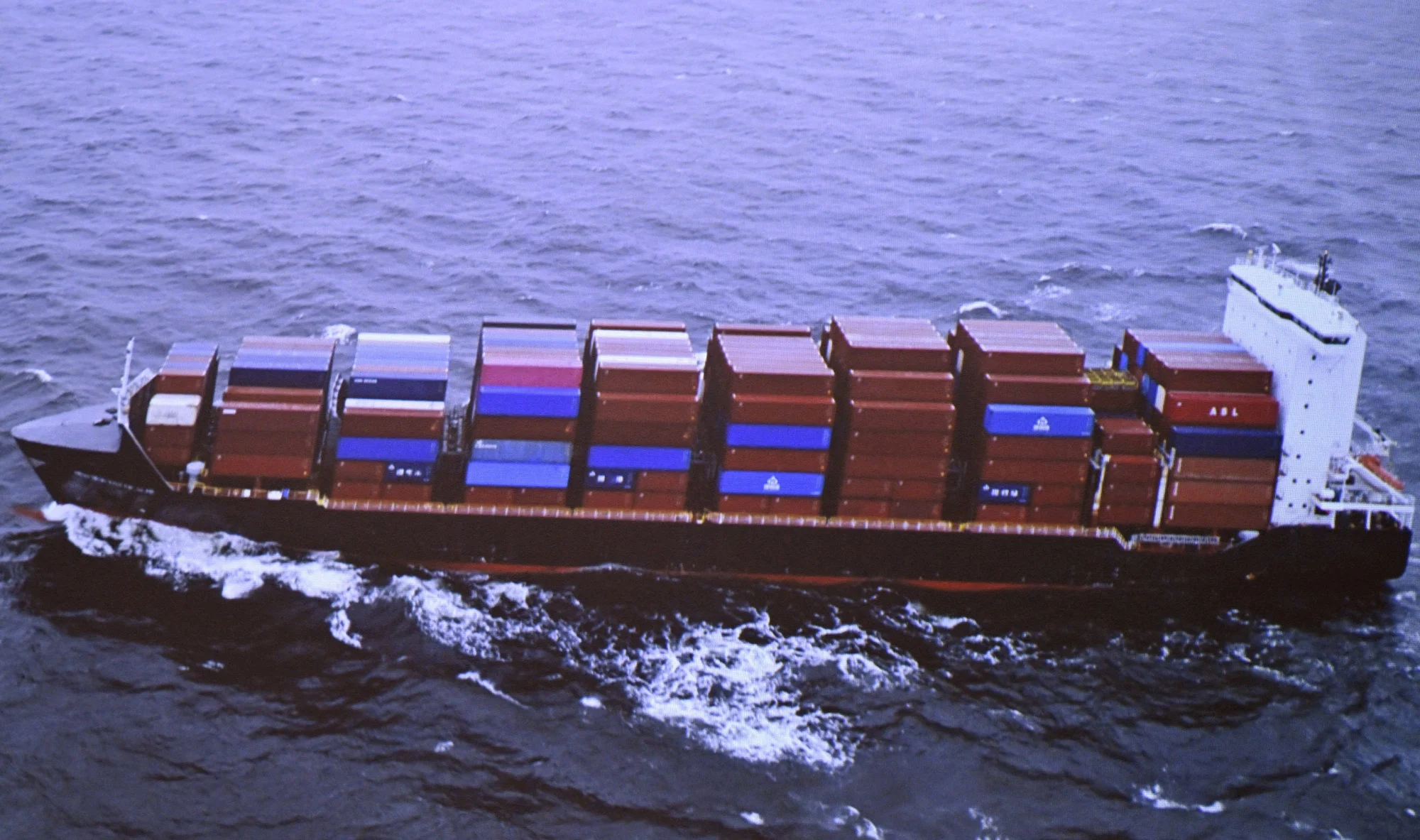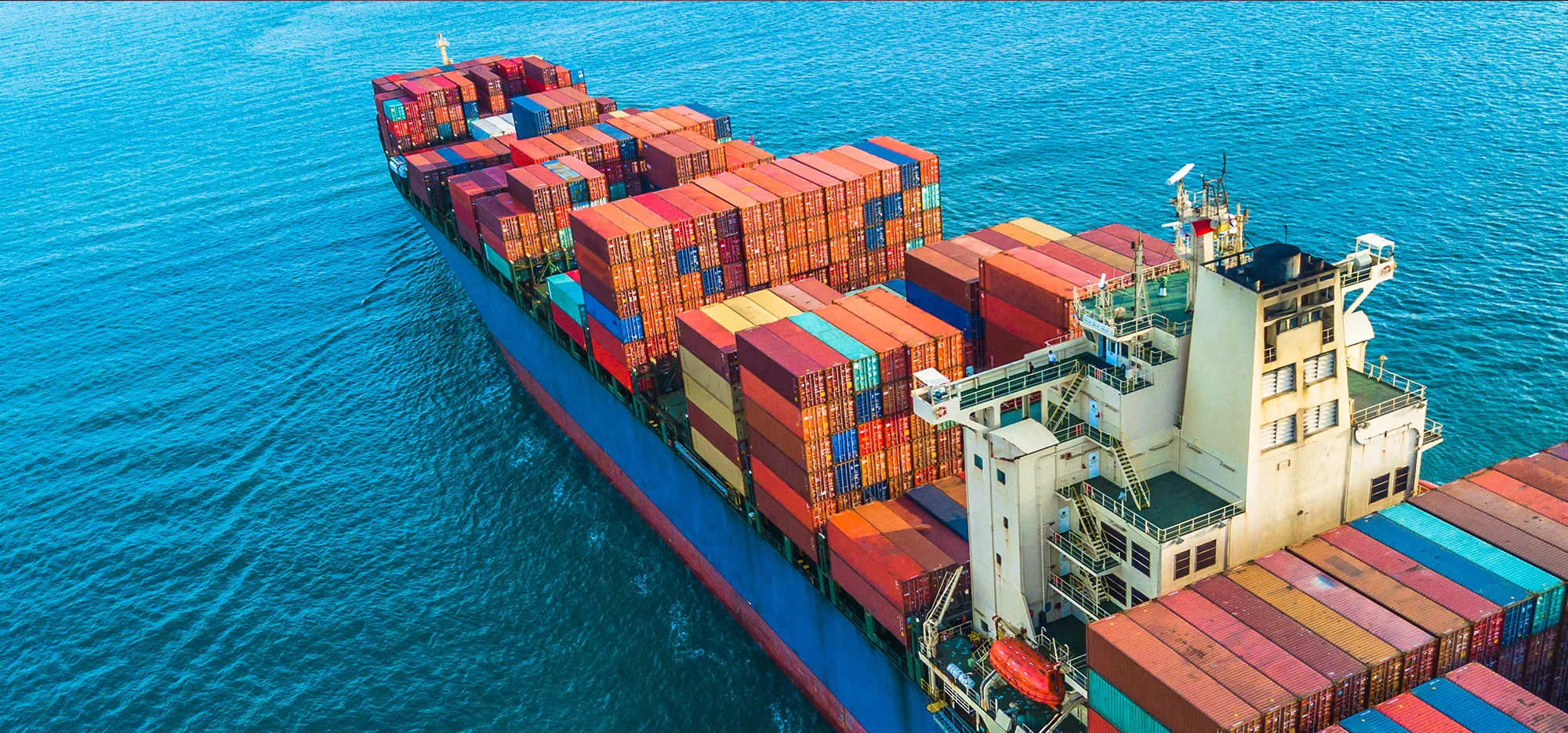Navigating the complexities of international shipping can be challenging, particularly when importing goods from China to India. The role of a freight forwarder becomes invaluable in this process, acting as a key intermediary to facilitate seamless logistics and ensure compliance with diverse regulations. Whether you are new to global trade or seeking to optimize your existing shipping strategies, understanding how to select the best freight forwarder can significantly impact your business’s success. In this guide, we will explore the essential factors to consider when choosing a freight forwarding partner, effective strategies to identify potential candidates, and tips for establishing and maintaining a productive relationship that enhances your logistics operations.
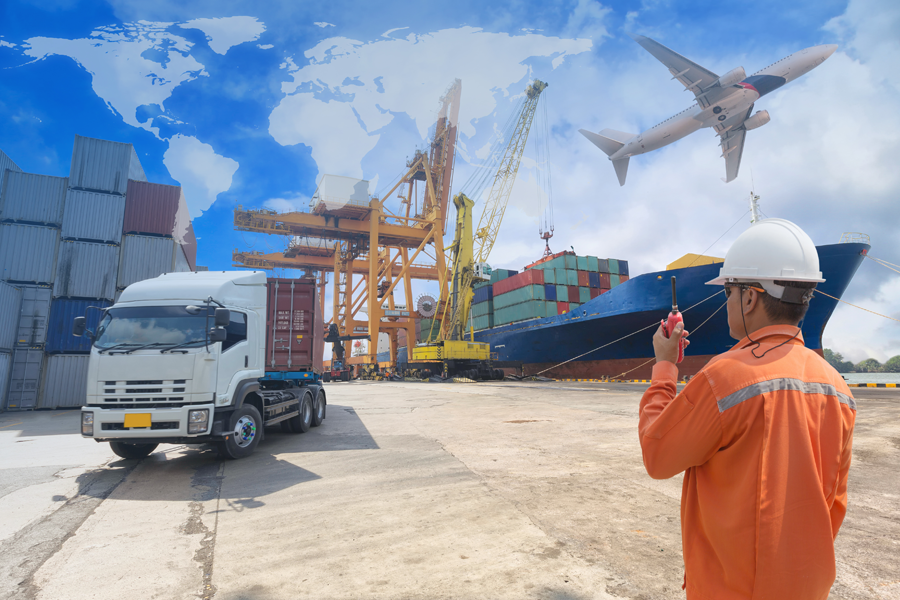
Understanding the Role of a Freight Forwarder
A freight forwarder is an essential intermediary in the international shipping industry, acting on behalf of importers and exporters to facilitate the movement of goods across borders. They manage the logistics of transporting cargo from one location to another, ensuring the process is as smooth and efficient as possible. Freight forwarders handle a variety of tasks, including booking cargo space with shipping lines, managing documentation, arranging customs clearance, and providing warehousing services. Their expertise in various modes of transport—such as air freight, ocean freight, and land transportation—enables businesses to navigate the complexities of global trade effectively.
Why Use a Freight Forwarder for Shipping from China to India?
Engaging a freight forwarder for shipping from China to India offers several advantages:
-
Expertise in Regulations: Freight forwarders possess in-depth knowledge of both Chinese and Indian customs regulations. This expertise ensures that shipments comply with all legal requirements, minimizing the risk of delays or penalties.
-
Efficiency in Logistics: By utilizing their established networks and relationships with carriers, freight forwarders can streamline the shipping process, reducing transit times and optimizing routes.
-
Cost-Effectiveness: Freight forwarders can negotiate better freight rates due to their volume of shipments. This capability can lead to significant savings for businesses importing goods from China to India.
-
Comprehensive Services: Many freight forwarders, like Dantful International Logistics, offer a range of services including door-to-door shipping, customs clearance, and insurance services, providing a one-stop solution for businesses.
-
Risk Management: They help assess potential risks and provide insurance solutions tailored to specific shipments, ensuring comprehensive protection against unforeseen events.
You may be interested in the following related articles:
- Shipping From China To Sri Lanka
- Shipping From China To Turkmenistan
- Shipping From China To Vietnam
- Shipping From China To South Korea
- Shipping From China To Singapore
- Shipping From China To Philipines
- Shipping From China To Pakistan
- Shipping From China To Malaysia
- Shipping From China To Japan
- Shipping From China To Indonesia
Factors to Consider When Choosing a Freight Forwarder
Choosing the right freight forwarder is critical for successful international shipping. Here are key factors to consider when making this decision:
Legitimacy and Licensing
It is imperative to ensure that the freight forwarder holds the necessary licenses and certifications required to operate in both China and India. This includes International Air Transport Association (IATA) accreditation for air freight forwarders and any local licenses pertinent to logistics operations. Verification of these credentials establishes trust and reliability in their services.
Experience and Expertise in China and India Trade
A freight forwarder with extensive experience in shipping between China and India will have a deeper understanding of the nuances involved in this route. Their familiarity with local customs, tariffs, and trade regulations ensures that shipments are processed efficiently. When evaluating potential freight forwarders, consider their track record and customer reviews to gauge their reliability and expertise.
Range of Services Offered
The breadth of services offered by a freight forwarder should align with your specific shipping needs. Look for providers that offer various services, including ocean freight, air freight, customs clearance, warehousing, and insurance services. A comprehensive range of solutions simplifies logistics management and reduces the need to engage multiple service providers.
Competitive Pricing and Transparent Fees
Transparency in pricing is crucial when selecting a freight forwarder. Request detailed quotations that outline all costs associated with the shipping process, including freight rates, customs duties, and additional service fees. Comparing multiple quotes enables you to assess competitive pricing while ensuring you understand the structure of fees involved.
Reliable Communication and Customer Service
Effective communication is a cornerstone of successful logistics management. A reliable freight forwarder must provide timely updates on shipment status and be easily accessible for inquiries. Assess their customer service track record and responsiveness during initial interactions to ensure they prioritize client needs.
Tracking and Monitoring Capabilities
In an increasingly digital world, real-time tracking and monitoring capabilities are essential for businesses importing goods. A proficient freight forwarder should provide advanced tracking systems that allow customers to monitor their shipments at every stage of the journey. This feature enhances transparency and provides peace of mind, especially for high-value shipments.
Insurance and Risk Management
Lastly, consider the freight forwarder’s ability to offer robust insurance and risk management options. Shipping internationally involves inherent risks such as damage, loss, or theft. A reputable freight forwarder should assist in identifying potential risks and provide tailored insurance solutions that protect shipments against unforeseen circumstances.
Incorporating these considerations into your decision-making process will significantly enhance your logistics operations when importing goods from China to India. Dantful International Logistics stands out as a highly professional, cost-effective, and high-quality one-stop international logistics service provider for global traders, ensuring your shipping needs are met with expertise and reliability.
Strategies for Finding the Right Freight Forwarder
Finding the right freight forwarder is essential for the seamless transportation of goods, especially when importing from China to India. Here are effective strategies to help businesses identify and select the most suitable freight forwarding partner.
Referrals and Recommendations from Trusted Sources
One of the most reliable methods to find a freight forwarder is through referrals. Engage with business colleagues or industry peers who have experience in international shipping. Their insights can provide valuable information on freight forwarders they have successfully worked with, including their strengths and weaknesses. Recommendations from trusted sources often lead to partnerships built on proven reliability and excellent service.
Online Research and Comparison of Freight Forwarders
The internet serves as a powerful tool for researching potential freight forwarders. Utilize search engines to identify top-rated freight forwarding companies and read customer reviews to gauge their reputation. Specific websites and platforms dedicated to freight forwarding services also allow for easy comparison of multiple providers based on customer feedback, service offerings, and pricing.
Attending Trade Shows and Networking Events
Participation in industry trade shows and networking events is beneficial for building connections within the freight forwarding community. These gatherings enable direct interaction with freight forwarders, providing opportunities to discuss services, ask questions, and assess their professionalism. Attending these events can also lead to discovering niche players in the market who may offer specialized services relevant to your shipping needs.
Utilizing Freight Forwarder Directories and Databases
Various online directories and databases specifically focused on freight forwarding can streamline the search process. Platforms such as Freightos and the International Federation of Freight Forwarders Associations (FIATA) provide lists of accredited freight forwarders categorized by region and specialty. These resources are invaluable for identifying reputable partners and gaining access to their service offerings.
Conducting Thorough Background Checks and Due Diligence
Before finalizing a freight forwarder, conducting thorough background checks is crucial. This includes verifying their licensing, checking for any complaints with regulatory bodies, and assessing their financial stability. Due diligence not only safeguards your business interests but also establishes trust in the partnership, ensuring that the freight forwarder is capable of meeting your logistics needs effectively.
Evaluating Potential Freight Forwarders
Once you have identified potential freight forwarders, it’s vital to evaluate them thoroughly. This process ensures that you select a partner that aligns with your shipping requirements and business goals.
Requesting Quotes and Comparing Costs
Collecting quotes from multiple freight forwarders allows for a cost comparison. When requesting quotes, ensure that they detail all associated costs, including freight rates, handling fees, and any additional charges. This transparency helps avoid unexpected expenses and allows for an informed decision based on value rather than just price.
Assessing Their Knowledge of Customs Regulations and Procedures
A freight forwarder’s understanding of customs regulations is vital for a smooth shipping experience. Evaluate their expertise in handling customs documentation and compliance for both China and India. This knowledge can significantly reduce the risk of delays and penalties during the import process.
Evaluating Their Network of Partners and Agents in India
A strong network of local partners and agents in India is essential for effective logistics management. Assess how well-connected the freight forwarder is in the destination country, as this can influence their ability to navigate local logistics challenges and provide efficient service. A forwarder with a robust network will be better equipped to handle customs clearance, last-mile delivery, and other logistical needs.
Reviewing Their Track Record of Successful Shipments
Investigating a freight forwarder’s track record can provide insight into their reliability and effectiveness. Request references or case studies showcasing successful shipments similar to yours. This evaluation will help determine their capability to handle your specific requirements and the consistency of their service delivery.
Considering Their Sustainability and Environmental Practices
With growing environmental concerns, it is prudent to consider a freight forwarder’s commitment to sustainability. Evaluate their practices regarding carbon emissions, eco-friendly shipping options, and waste management. Collaborating with a forwarder that prioritizes sustainability can enhance your business’s reputation and contribute to corporate social responsibility initiatives.
Selecting the right freight forwarder is a multifaceted process that involves careful consideration of various factors. By implementing these strategies and evaluation criteria, businesses can make informed decisions that lead to successful international shipping experiences. Dantful International Logistics exemplifies a highly qualified partner, providing a full suite of logistics services, including door-to-door shipping, customs clearance, and insurance services, making it an excellent choice for global traders seeking efficiency and reliability in freight forwarding. Explore more about how Dantful can support your logistics needs.
Negotiating and Finalizing the Agreement
Successfully engaging a freight forwarder involves careful negotiation and contract finalization. Here are critical areas to focus on to ensure clarity and mutual understanding:
Clearly Defining the Scope of Services and Responsibilities
The first step in finalizing an agreement is to clearly outline the scope of services that the freight forwarder will provide. This should include all logistics activities such as transportation, customs clearance, warehousing, and insurance services. Responsibilities should also be detailed, specifying who is liable for the various aspects of the shipment process. This level of clarity prevents misunderstandings and ensures that both parties have aligned expectations regarding service delivery.
Agreeing on Payment Terms and Methods
Payment terms are a crucial aspect of any agreement with a freight forwarder. Discuss and agree on the cost structure, including the total fees, payment methods (e.g., bank transfer, credit card), and payment timelines (e.g., upfront payment, payment upon delivery). It’s essential to include provisions for any additional costs that may arise, such as surcharges or unforeseen expenses. Clear payment terms not only protect both parties but also foster trust, allowing for smoother transactions throughout the partnership.
Discussing Contingency Plans and Emergency Procedures
Before finalizing the agreement, it is vital to establish contingency plans for potential issues that may arise during the shipping process. This could include delays due to weather, customs hold-ups, or damage to goods. Discussing emergency procedures ensures that both parties understand their roles in mitigating risks and resolving issues promptly. A well-prepared contingency plan can save valuable time and resources, reducing the overall impact of disruptions.
Signing a Comprehensive Contract or Service Agreement
The final step in the negotiation process is signing a comprehensive contract or service agreement that encapsulates all the terms discussed. This document should include the scope of services, payment terms, contingency plans, and any other relevant information. It serves as a binding agreement that protects both parties’ interests. Ensure that the contract is reviewed by legal professionals if necessary to avoid any pitfalls. Having a signed agreement solidifies the partnership and sets the tone for future collaboration.
Maintaining a Strong Relationship with Your Freight Forwarder
Once an agreement is in place, it’s essential to foster a strong working relationship with your freight forwarder. A healthy partnership can lead to improved service delivery and efficiency in logistics operations.
Providing Accurate and Timely Information About Your Shipments
Clear and timely communication of shipment details is vital to ensure smooth operations. Provide your freight forwarder with accurate information regarding shipment contents, dimensions, and any specific requirements. This allows them to plan effectively, allocate resources, and avoid potential issues. Keeping your forwarder informed about any changes or updates also fosters transparency and aids in effective planning.
Communicating Regularly About Any Changes or Issues
Maintaining regular communication with your freight forwarder is fundamental. Inform them promptly of any changes in shipment schedules, product modifications, or logistical challenges. Open lines of communication help address issues proactively and ensure that both parties are aligned throughout the shipping process. This collaborative approach reinforces trust and strengthens the working relationship.
Providing Feedback and Constructive Criticism
Constructive feedback is essential for continuous improvement. Encourage an open dialogue with your freight forwarder, providing insights into their service performance. Highlighting areas of strengths, as well as aspects needing improvement, contributes to refining their offerings and enhances the overall quality of service. Constructive criticism, when delivered respectfully, can lead to a more fruitful partnership.
Considering Long-Term Partnerships for Consistent Service
Opting for a long-term partnership with a freight forwarder can create significant advantages for your business. Building a lasting relationship fosters familiarity with your logistics needs and preferences, leading to more personalized service. Long-term partners are often more inclined to offer competitive rates, prioritize your shipments, and accommodate last-minute changes. This consistency in service can greatly enhance operational efficiency and contribute to your business’s success.
Developing a strong partnership with a freight forwarder requires clear communication, trust, and mutual benefit. By engaging in thorough negotiations and maintaining an ongoing relationship, businesses can ensure that their logistics operations run smoothly and effectively, ultimately driving greater success in international trade. Dantful International Logistics exemplifies this ideal partnership, offering tailored freight forwarding services that cater to your unique needs. Explore their offerings today to enhance your global logistics strategy.
Dantful International Logistics Services:
- Dantful Ocean Freight Services
- Air Freight From China
- Amazon FBA Freight Forwarding
- WAREHOUSE Services
- One-Stop Customs Clearance Solution
- Cargo Insurance Services in China
- DDP Shipping Services By Dantful Logistics
- Out of Gauge Cargo Transportation Shipping Services
Frequently Asked Questions (FAQs)
-
What is the role of a freight forwarder?
A freight forwarder acts as an intermediary between importers and exporters, managing logistics, booking cargo space, handling documentation, arranging customs clearance, and providing warehousing services. -
Why should I use a freight forwarder for shipping from China to India?
Utilizing a freight forwarder offers expertise in regulations, logistics efficiency, cost savings, comprehensive services (such as door-to-door shipping), and risk management through tailored insurance solutions. -
What should I consider when choosing a freight forwarder?
Key considerations include legitimacy and licensing, expertise in trade regulations, range of services offered, competitive pricing, reliable communication, tracking capabilities, and insurance options. -
How can I find a suitable freight forwarder?
Effective strategies include seeking referrals, conducting online research, attending trade shows, utilizing freight forwarder directories, and conducting thorough background checks. -
What should I look for when evaluating potential freight forwarders?
Evaluate their quotes and costs, knowledge of customs regulations, network of local partners, track record of successful shipments, and commitment to sustainability. -
How do I negotiate and finalize an agreement with a freight forwarder?
Clearly define the scope of services, agree on payment terms, discuss contingency plans for emergencies, and sign a comprehensive contract that outlines all discussed terms. -
How can I maintain a strong relationship with my freight forwarder?
Provide accurate and timely shipment information, communicate regularly about changes, offer constructive feedback, and consider establishing a long-term partnership for consistent service. -
What services does Dantful International Logistics offer?
Dantful provides a wide range of services, including air freight, ocean freight, customs clearance, insurance services, and warehouse services, making it a reliable choice for global traders.

Young Chiu is a seasoned logistics expert with over 15 years of experience in international freight forwarding and supply chain management. As CEO of Dantful International Logistics, Young is dedicated to providing valuable insights and practical advice to businesses navigating the complexities of global shipping.



